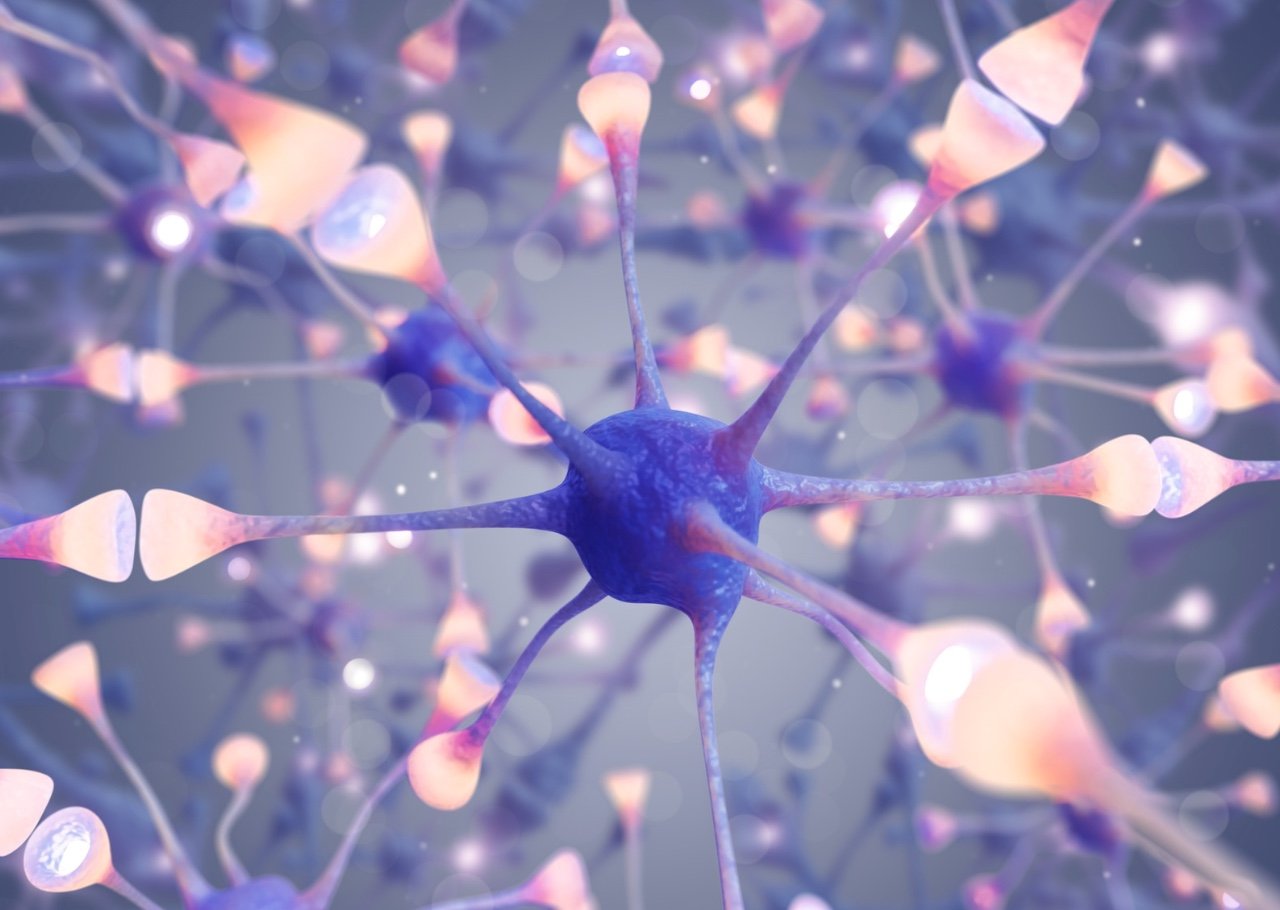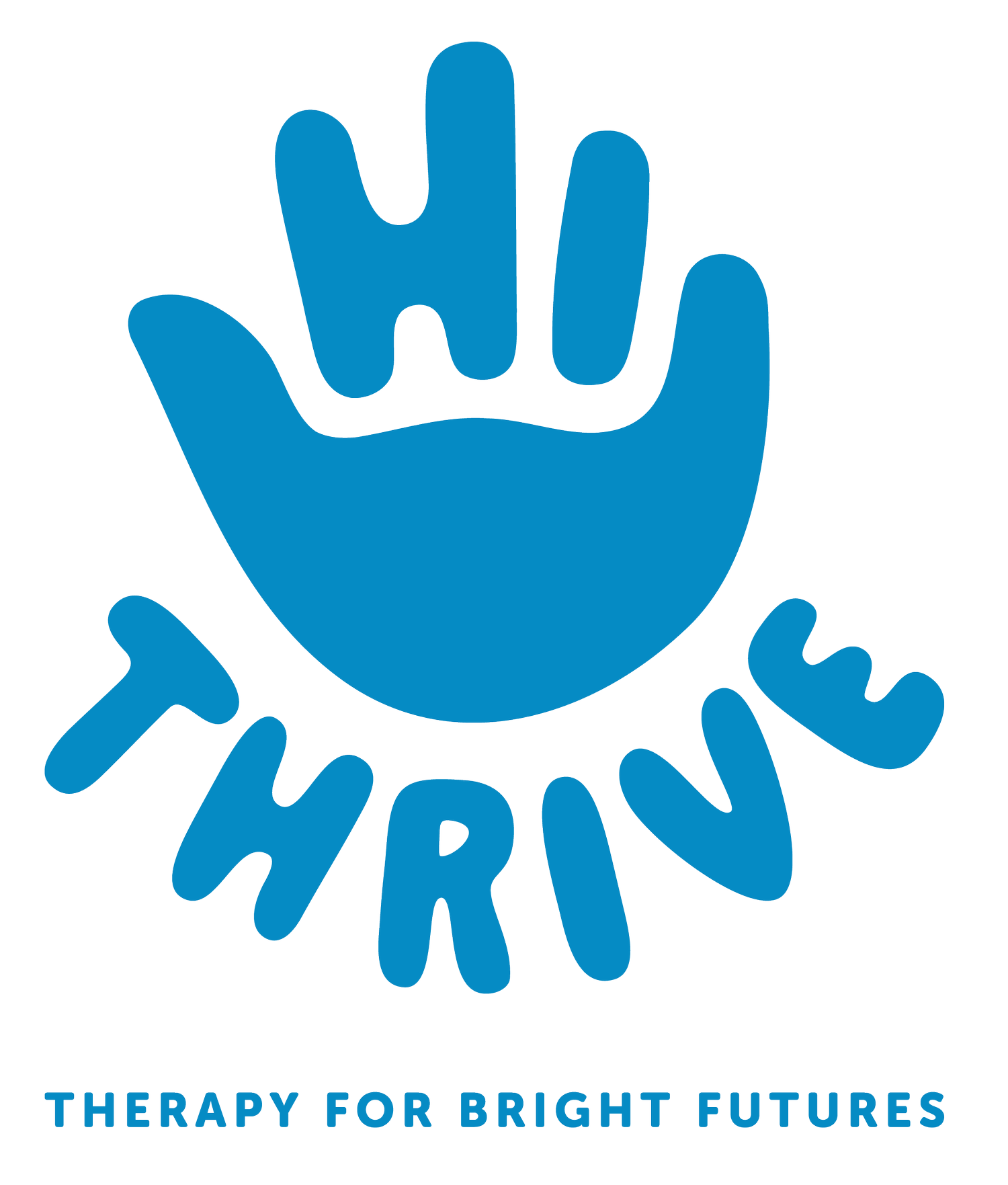
Why So Many Autistic Girls Are Missed — and How We Can Help Them Thrive
we meet many families who say, “We always knew something was different — but it took years for anyone to listen.”
This is an all-too-common story for autistic girls.
Why Autistic girls are often missed
Autistic girls are just as likely to exist as autistic boys — but they’re diagnosed much later on average. That’s because the “typical” picture of autism was built around boys. The result? Many girls fly under the radar for years.

5 Questions to Ask When Choosing a School for Your Neurodivergent Child
If you're the parent or carer of a neurodivergent child — whether they're autistic, ADHD, PDA, or simply beautifully wired in their own way — choosing a school can feel like stepping into a job interview you didn’t ask for.
Will this place truly see and support my child — or just try to make them fit in?

Understanding School Refusal: A Neurodiversity-Affirming Approach
School refusal is often more than reluctance—it can be a sign that a child’s needs aren’t being met in their learning environment. Rather than focusing solely on attendance, it’s important to understand the underlying sensory, emotional, or social factors contributing to a child’s distress. In this article, we explore how paediatric occupational therapists work collaboratively with families and schools to identify these needs and implement tailored supports. By creating safer, more responsive environments, children can gradually build the confidence and regulation skills needed to re-engage with learning and daily school routines.

Why Does My Child Get Overwhelmed by Small Changes?
Some children, especially those with autism or ADHD, experience heightened sensitivity to change due to differences in brain development, particularly in a process called synaptic pruning. Typically, the brain refines its neural connections over time, removing unnecessary ones to improve efficiency, but in neurodivergent children, this process may be less active, leading to an overload of sensory information. As a result, minor changes in routine can feel overwhelming, triggering strong emotional responses like meltdowns or rigidity. Understanding these neurological differences allows parents and educators to approach children’s reactions with empathy and implement supportive strategies, such as structured routines and predictable environments, to help them feel more secure.

What does it mean to be neurodiversity affirming?
Neurodivergent children, for example those with ADHD or autism, have a brain structure and chemistry that is fundamentally different from typical brains (or neurotypical brains). Navigating the healthcare system for a neurodivergent child, whether they are autistic, have ADHD, or face specific learning differences, can be challenging. Often, traditional assessments and therapies are designed to "correct" neurodivergent traits, focusing on perceived deficits rather than celebrating the child's unique strengths.
At Hi Thrive, we are committed to a neurodiversity-affirming approach.
